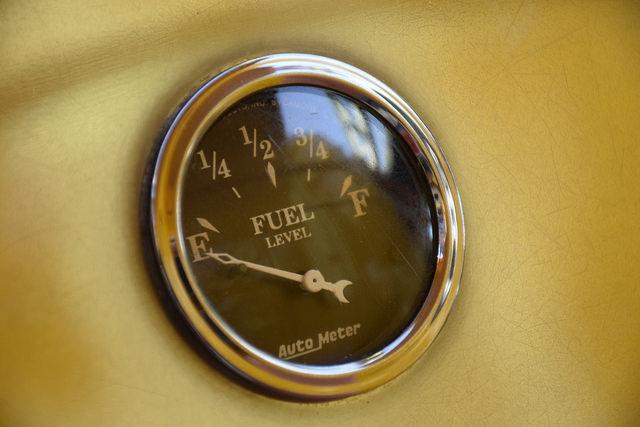
Australia used to be a net exporter of oil but today, we’re at the other end of the international fuel supply chain and this puts us at the mercy of events.
We live in volatile times—and whether it’s trade wars or actual conflict, rising global tensions will directly impact Australia’s fuel security.
Security experts have made this clear. Dr Paul Barnes from ASPI has pointed out the vulnerability of our position in the chain.
The Lowy Institute’s Dr Euan Graham said that a lack of fuel risks undermining our investment in military hardware. What’s the point of all that high-tech machinery if we don’t have the fuel to power it?
And Curtin University’s Dr Alexey Muraviev has said that our current situation means we are ‘playing Russian roulette’ with fuel security.
In short, in a crisis situation, fuel security affects nearly everything else: our capacity to transport troops and equipment, our ability to move food and medicine.
Having a strategic fleet is one very important piece of insurance against this international risk because it reduces our reliance on foreign fuels.
If we’re going to increase our national fuel security, we need to increase our national fuel stocks.
As a member nation of the International Energy Agency, we’re supposed to hold the equivalent of 90 days’ worth of fuel on reserve.
Right now, we have just 23 days of jet fuel, just 22 days of diesel and only 19 days of automotive gas.
There are three ways we can increase these stocks.
One, parliament could pass a law requiring industry to hold more fuel reserves, putting the onus on private companies to do more of the heavy lifting. The problem with this approach is that the most likely outcome is that big business will do what they always do—pass the cost straight on to their customers. And the last thing anyone needs is to pay even higher prices for fuel and energy.
The second option, is we could purchase oil stock ‘tickets’, giving us a right to buy oil from other countries. This is a useful step, in the short-term. But it doesn’t make any real difference to our long-term physical supply.
The third option is a government-owned reserve buying and storing additional fuel to guard Australia against international shocks and to guarantee our energy security and independence.
If elected, a Labor government will create a national fuel reserve.
We’ll establish a new Australian fuel security company, to purchase and manage this national fuel reserve—and to help drive future research in bio-fuels. And we will work with the states and territories, with industry, with oil and gas importers, refineries, with your union and with national security experts on the detail, design and delivery.
A national fuel reserve is an investment in our national sovereignty, in our self-reliance. In volatile times, this is an insurance policy for the nation, a plan to protect us against international supply shocks.
And it is urgent.
Just over a year ago, a bipartisan report of the Parliamentary Joint Committee on Intelligence and Security told the current government that ensuring a continuous supply of fuel was a matter of ‘national importance’.
The report called for a national security review of the fuel industry to be completed within six months.
But we’ve heard nothing.
And again, just as with the strategic fleet, other nations have already moved in this direction. The United States, Japan, South Korea, most of the European Union, South Africa, India, Russia and New Zealand all have government-controlled fuel reserves.
These countries are doing their part, they are taking responsible measures to boost global fuel security—but in Australia we’re not pulling our weight.